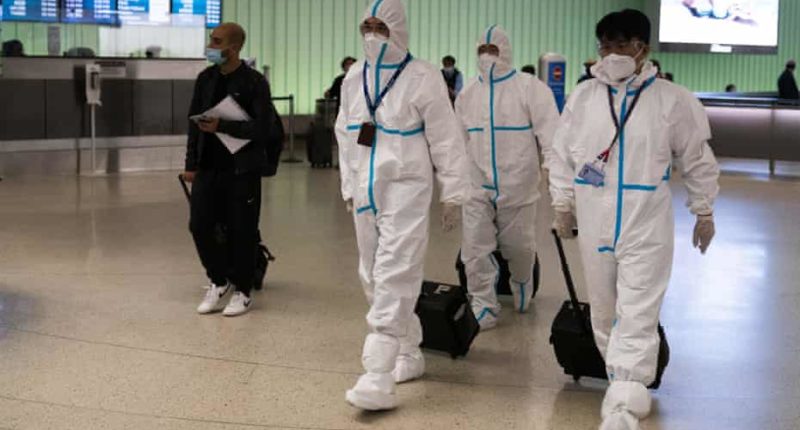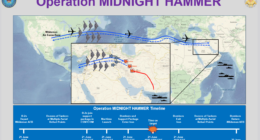The WHO has announced that individuals who are vulnerable or unwell should postpone travel if they don’t get the full dose of the vaccine. In its new travel advisory, the UN agent includes in that list individuals over 60. And those with problems like diabetes, cancer, and heart disease.
An initial WHO announcement instructed against all travel for this category. A modified version said that only those extra weak and not fully injected should postpone traveling. This is in line with the WHO’s last guidance for travel during the covid pandemic. It comes amid a problem with the fresh Omicron variant.
The WHO also repeated its role that blanket travel prohibitions do not prevent the transmission of the new variant. South Africa cautioned the globe about Omicron last week. Many nations then continued to impose rules on travel from nations in southern Africa.
As per the statement of WHO, blanket travel prohibitions will not prevent worldwide transmission. They spot a heavy responsibility on livelihoods and lives. Also, they can adversely affect international health efforts during a covid pandemic. They can affect disincentivizing nations to share and report the sequencing and epidemiological data.
As per the statement of the UN Secretary-General António Guterres, he was deeply worried about the separateness of southern Africa. He also added that they couldn’t blame the individuals of Africa for the immorally poor level of vaccinations accessible.
Before, the chief of the WHO, Tedros Adhanom Ghebreyesus, noted that there were still several issues regarding Omicron. The questions include its transmission, the harshness of the infection it might provoke, and the efficacy of vaccines and tests.
Dr. Tedros, who is a member of WHO, notes to take “rational, proportional” regulations. South Africa’s President Cyril Ramaphosa noted that the broader area is the victim of outrageous discrimination. He also added that the prohibitions are ineffective in preventing the transmission of Omicron.
Credits: BBC









